Presentations
Narrow by
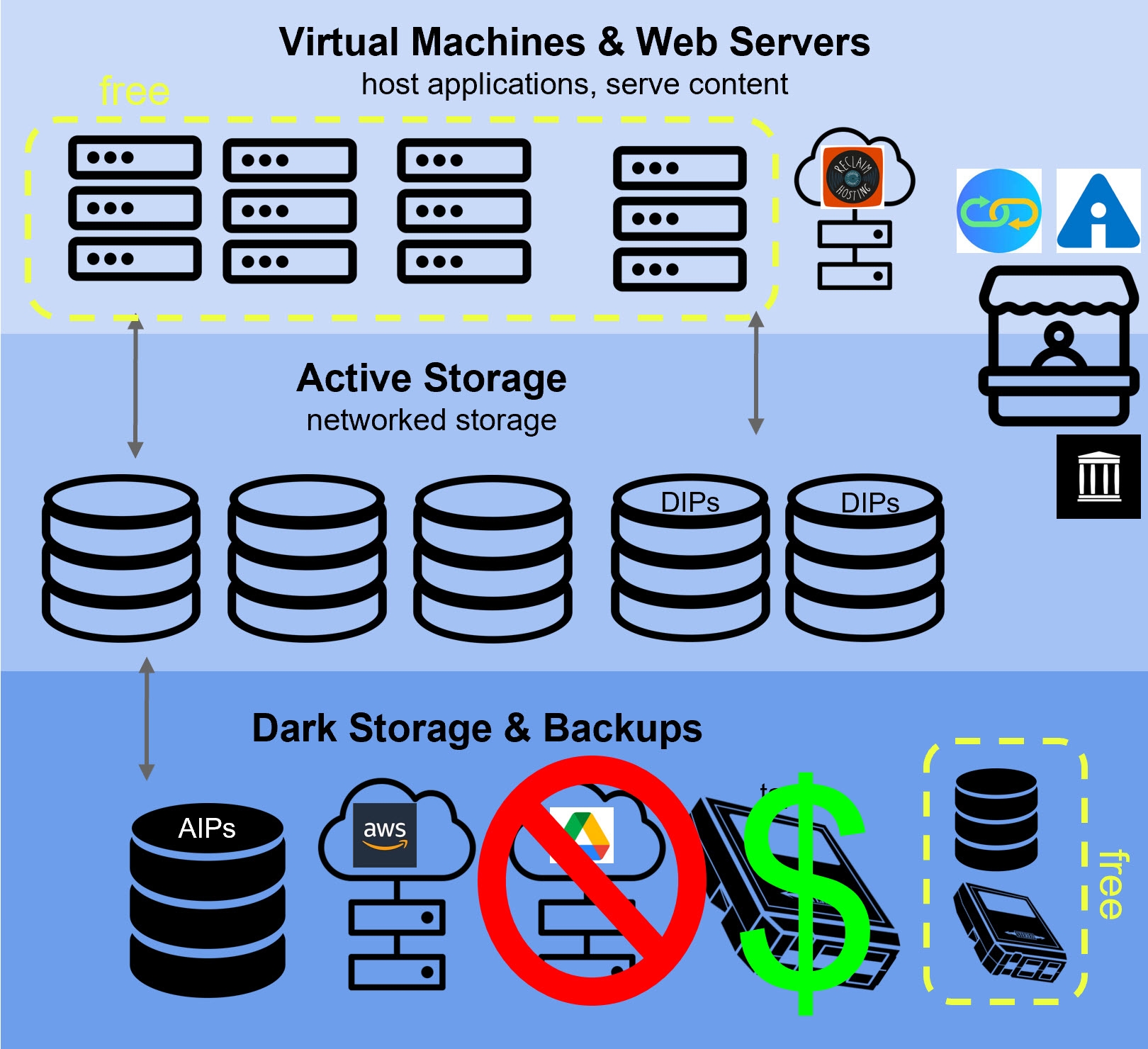
Works in Progress Webinar: Will our future selves thank us? Examining born-digital curation practices at the University of Kentucky Libraries
During this webinar, archivists and librarians from the University of Kentucky Libraries share recent challenges, successes, and practical tips for stewarding born-digital collections.
Topics: Works in Progress, Born-Digital Special Collections
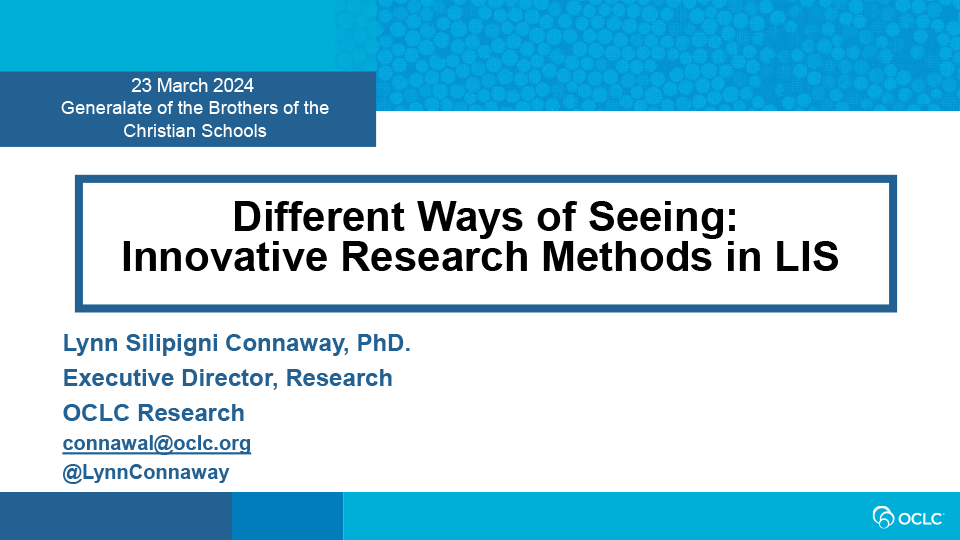
Different Ways of Seeing: Innovative Research Methods in LIS
Rome, Italy
Lynn Silipigni Connaway, Ph.D., Executive Director, Research, OCLC, discussed innovative data collection methods being used in library and information science research. will provided examples of some of these methods used in various projects, including OCLC Research projects.
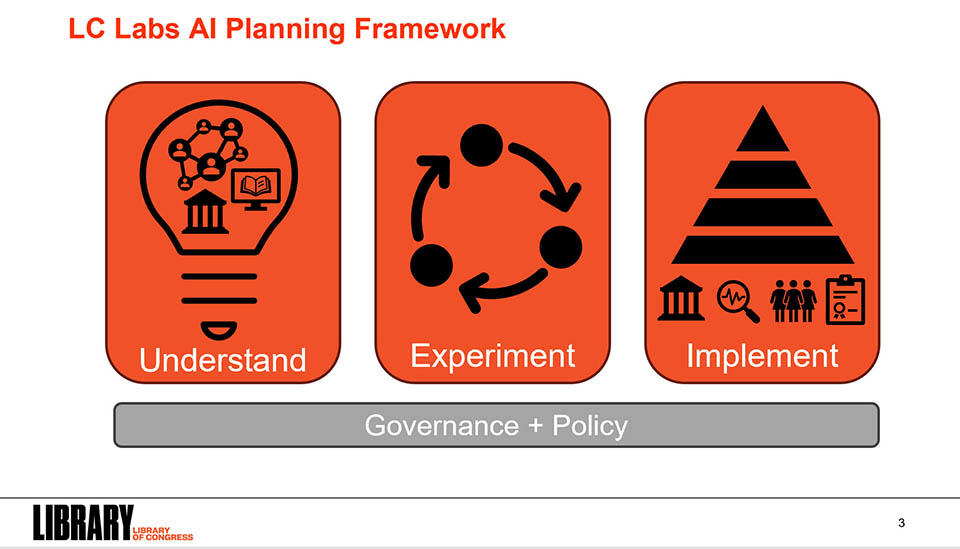
Works in Progress Webinar: LC Labs AI Planning Framework in action—Understand, experiment, and implement AI tools that support catalogers
Hear about what shaped the Artificial Intelligence Planning Framework and how it is being applied at the Library of Congress to explore computational description.
Topics: Works in Progress, Data Science, Research Support
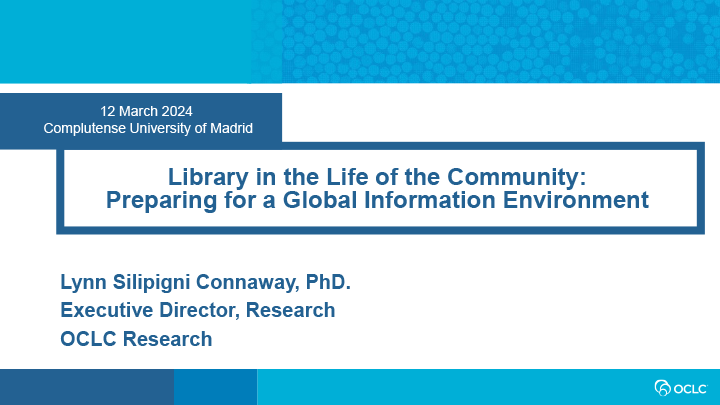
Library in the Life of the Community: Preparing for a Global Information Environment
Madrid, Spain
Lynn Silipigni Connaway, Ph.D., Executive Director, Research, OCLC, presented research that was conducted at OCLC addressing community-focused programming, spaces, and collections. She discussed the knowledge and skills required of information professionals in a global information environment.
Topics: User Research
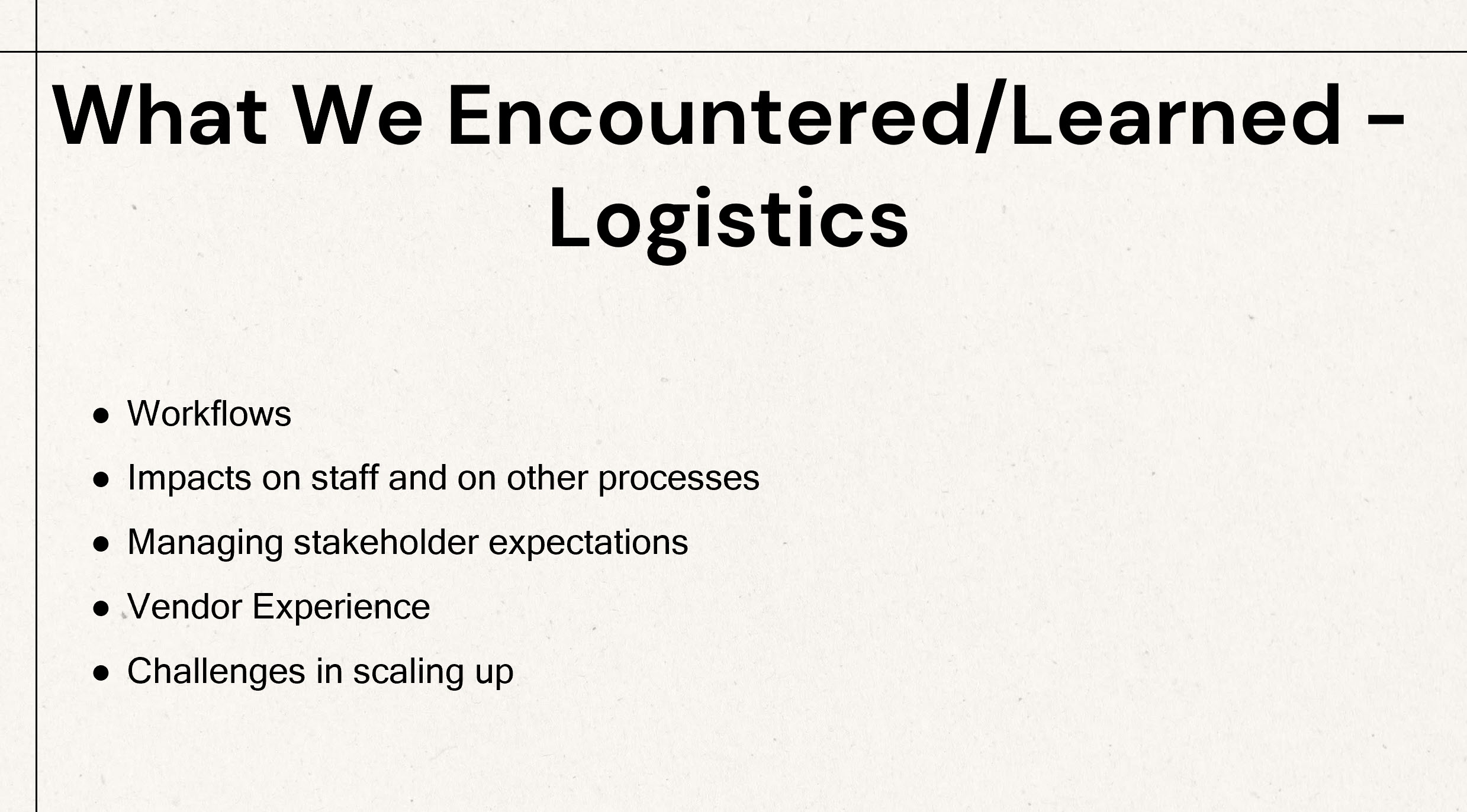
Works in Progress Webinar: Towards diversifying collections—Implementing strategies
In this webinar, colleagues from University of Nevada, Las Vegas (UNLV) and South Puget Sound Community College (SPSCC) discuss their ongoing efforts to identify and implement sustainable practices for building diverse collections, including work at SPSCC to utilize reparations-informed practices.
Topics: Works in Progress, Collection Management, Equity, Diversity, Inclusion
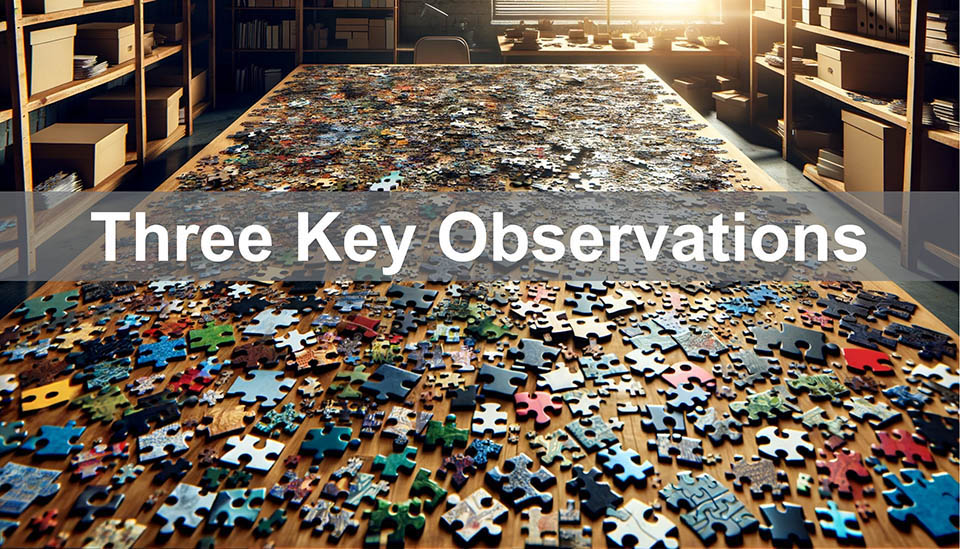
Works in Progress Webinar: Lessons learned from implementing research information management systems (RIMS) in the US
This webinar features examples of RIMS implementations at three US research universities. The presenters share project goals, drivers, products, and scope, as well as the significant and ongoing challenges of securing researcher and campus buy-in.
Topics: Research Information Management, Works in Progress
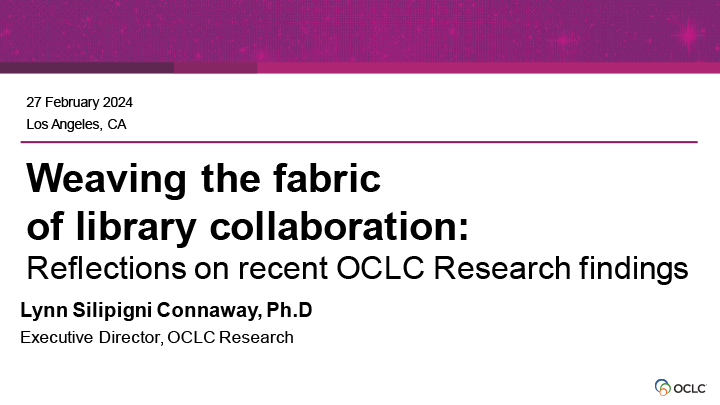
Weaving the fabric of library collaboration: Reflections on recent OCLC Research findings
Los Angeles, California, USA
Collaboration can be an important strategy for libraries as they seek to reduce redundancies, leverage complementarities, highlight their strengths, and find pathways through emerging facets of the library mission. OCLC Research has built an extensive body of work on library collaboration that explores this topic from a range of perspectives, including collaboration across institutions and within institutions; collaboration in key areas of library strategic interest, including research data management, specialized collections, and public librarianship; data-driven analysis to support identifying and managing collaborative opportunities; and collaboration as a key pillar for visions of the a New Model Library of the future. This presentation will weave together findings from these studies to offer a foundation for a deeper understanding of the strategic decision of choosing collaboration, how to make it successful and sustainable, and its enduring relevance for 21st century libraries.
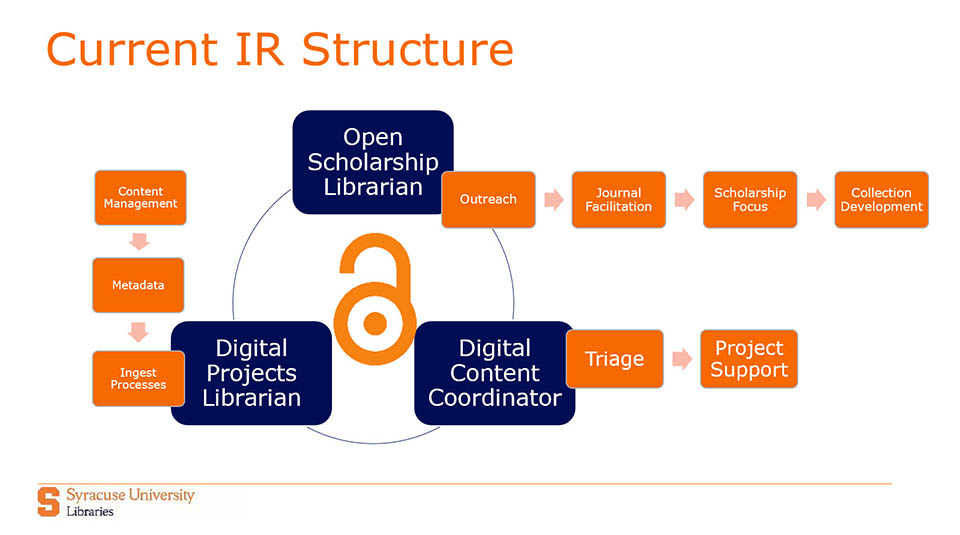
Works in Progress Webinar: Operationalizing open at Syracuse University Libraries
View this webinar to hear about how Syracuse University Libraries leverages its digital library as part of a broader narrative about library support for open research.
Topics: Works in Progress, Research Support, Open Access
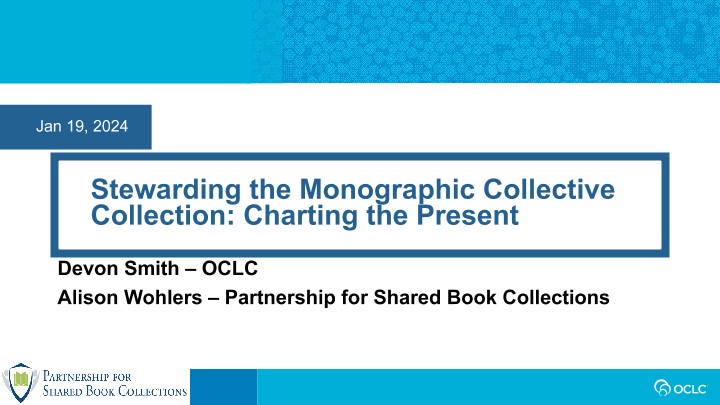
Stewarding the Monographic Collective Collection: Charting the Present
Virtual
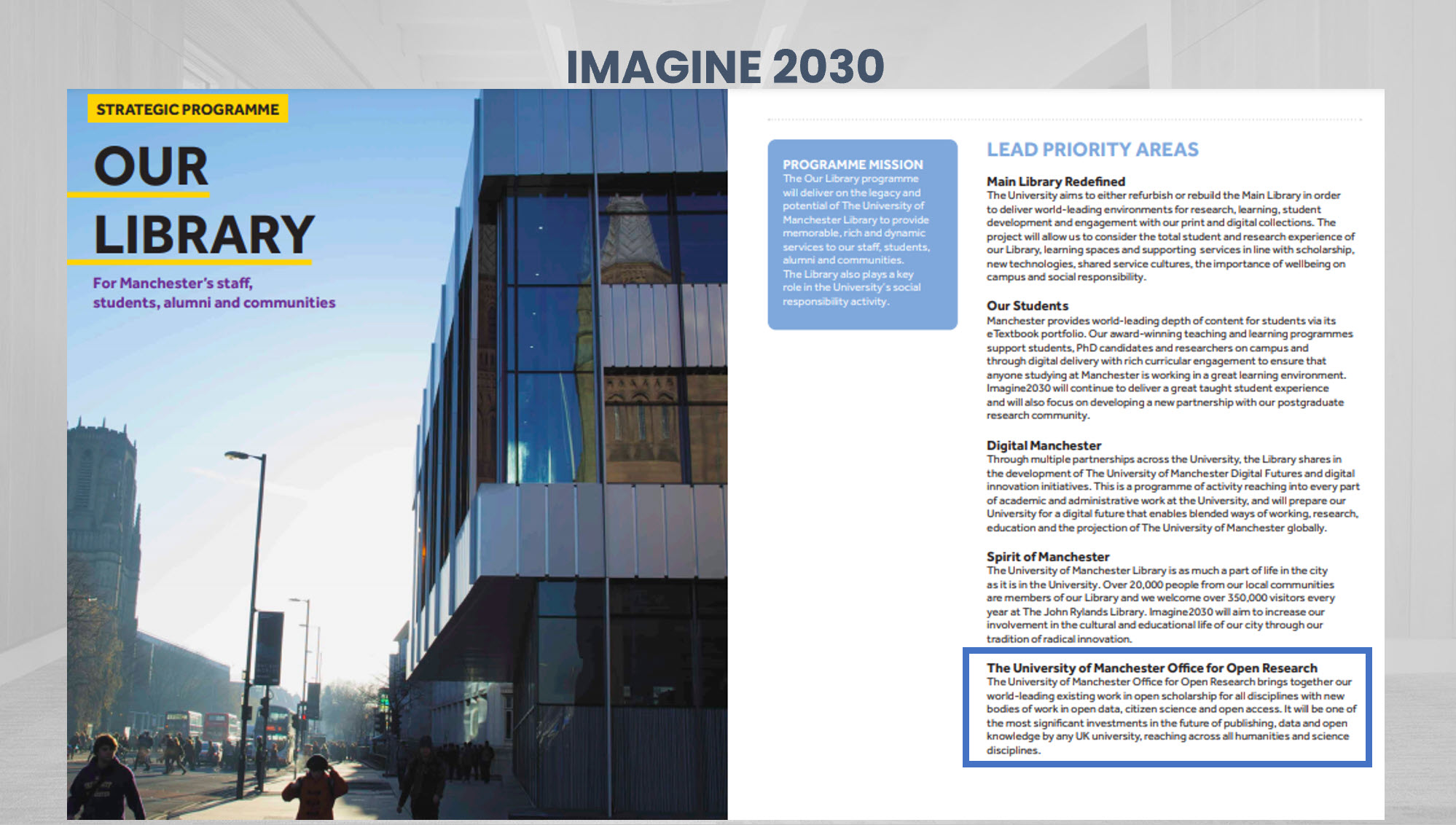
Works in Progress Webinar: Supporting campus goals through a library-led Office for Open Research at the University of Manchester
The University of Manchester launched the Office for Open Research in April 2022, an ambitious effort to enable and embed open and reproducible research practices in alignment with institutional goals.
Topics: Works in Progress, Open Access